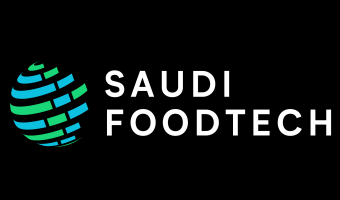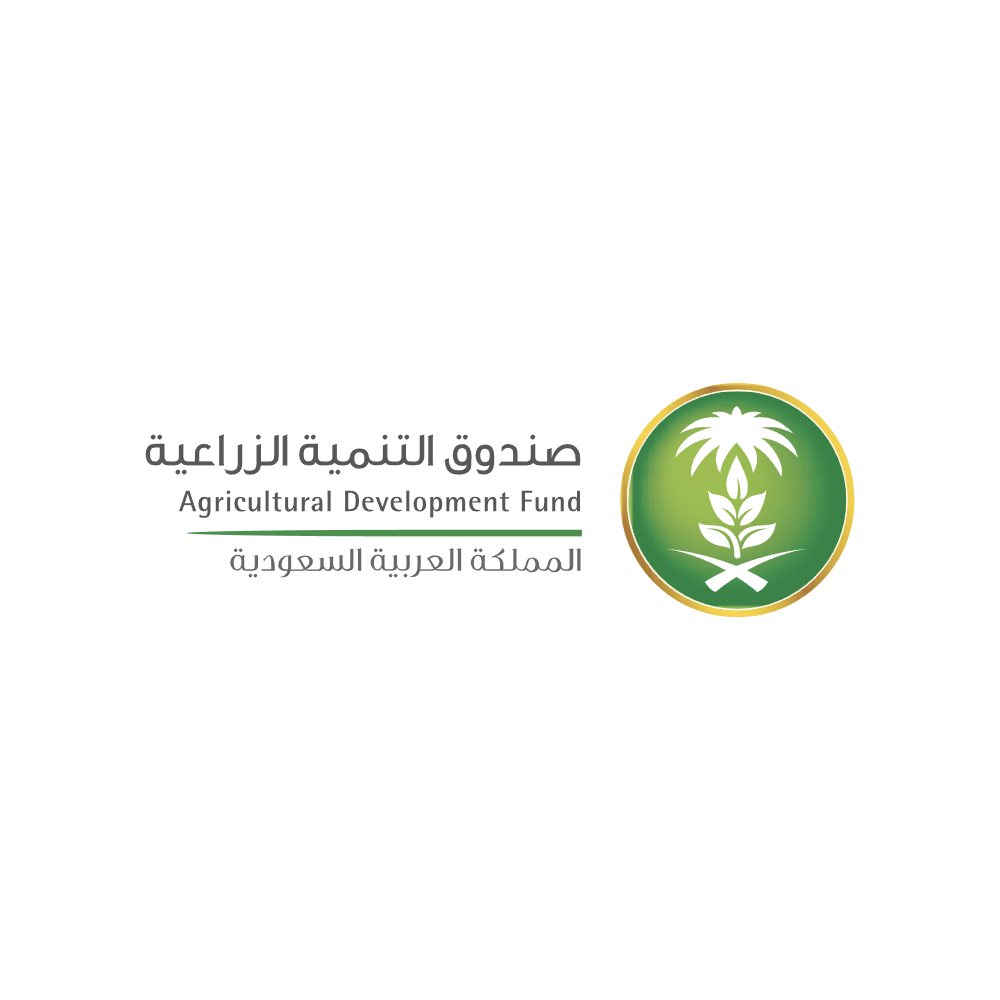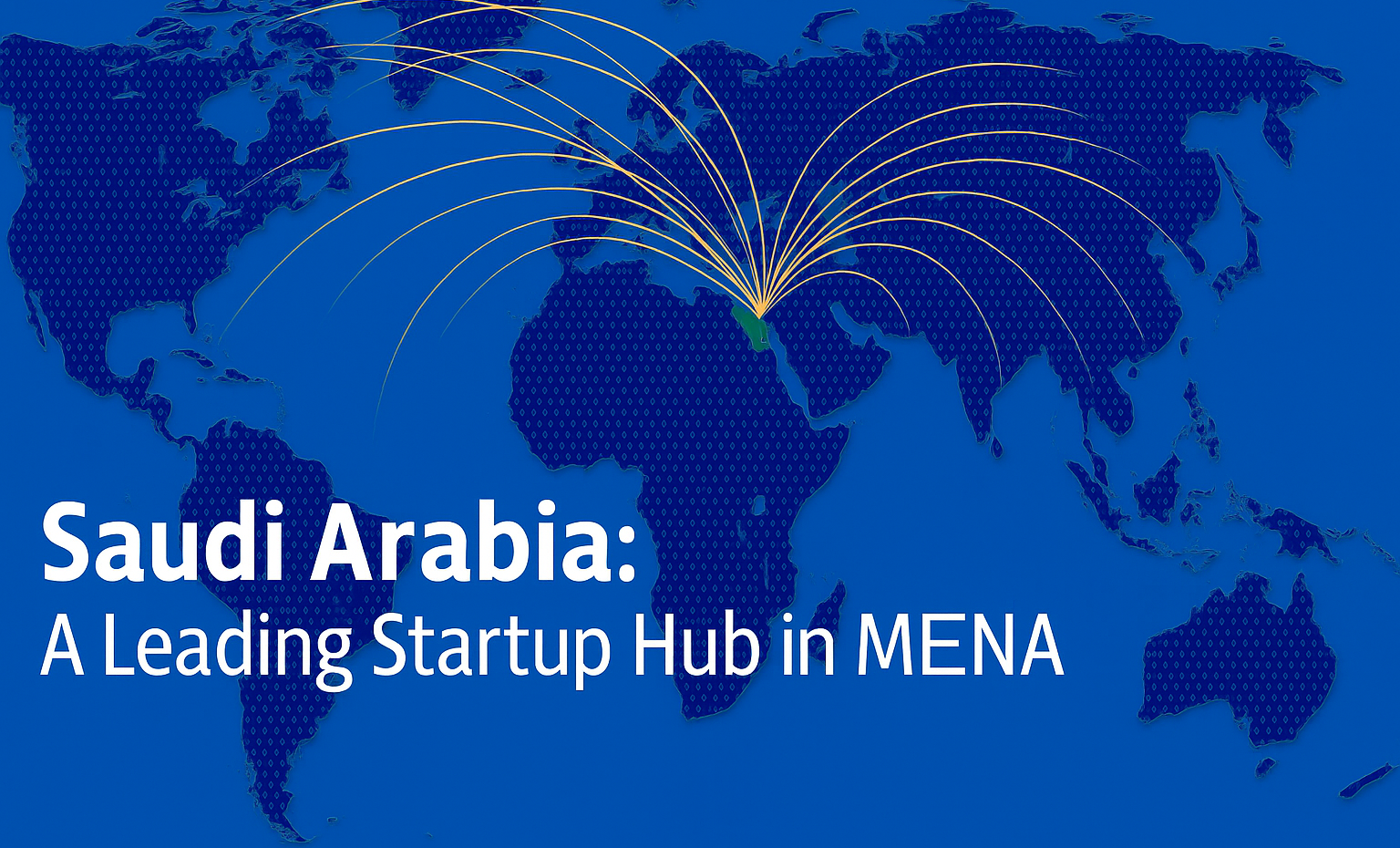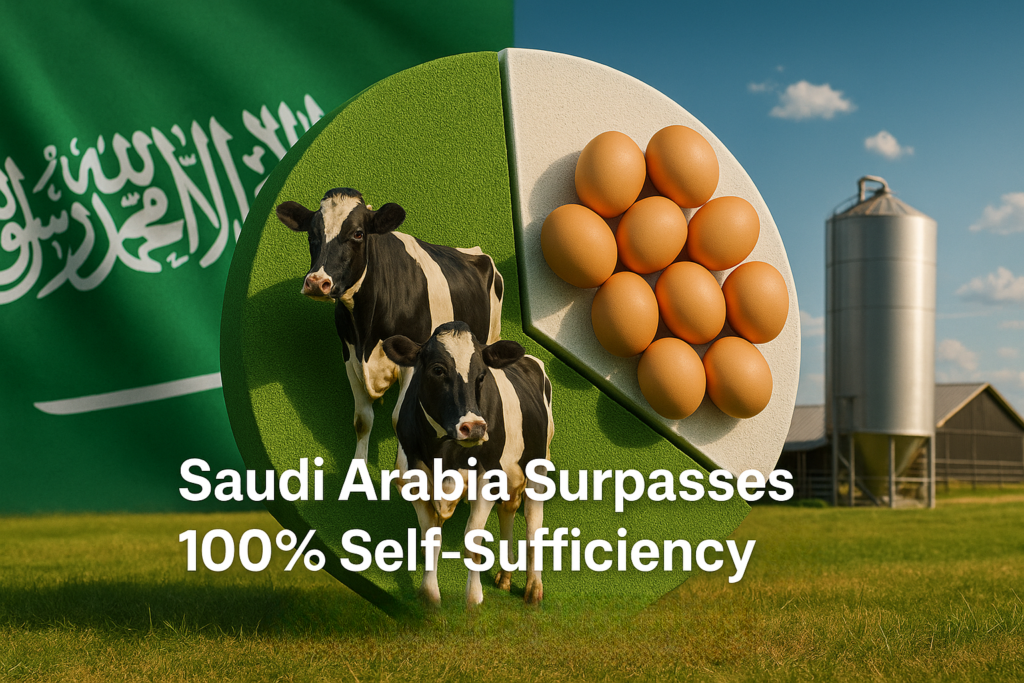Saudi Arabia,
In 2024, Saudi Arabia reached a new milestone in domestic food production—surpassing full self-sufficiency in both dairy and eggs. According to official figures, dairy production met 109% of national demand, while egg production reached 116%, marking a major step forward in the Kingdom’s food security strategy.
The achievement follows years of coordinated policy, investment, and private sector innovation. Programs from the Ministry of Environment, Water, and Agriculture (MEWA) have supported producers in adopting modern livestock systems, feed optimization, and cold chain logistics, while entities like the Agricultural Development Fund have provided critical capital support.
Self-sufficiency in high-consumption categories like dairy and eggs reduces exposure to global supply chain volatility, strengthens local economies, and signals Saudi Arabia’s growing capacity to sustain its population through domestic output.
It also reflects the effectiveness of data-driven resource allocation, as authorities have used performance benchmarks and real-time monitoring to balance supply, demand, and surplus capacity. This allows the sector to grow sustainably, without oversaturating the market or compromising quality.
Commenting on the milestone, Mohammed AlQurashi, Founder of Saudi FoodTech, said:
“Hitting these self-sufficiency levels in dairy and eggs is a proud moment. It reflects years of hard work and smart investment—and shows what’s possible when we back our producers and build strong local systems.”
Saudi FoodTech sees this milestone as an inflection point. As core staples become more stable and self-sufficient, new opportunities are opening in adjacent areas—processing, packaging, alternative proteins, and food export.
These results also offer a model for how targeted policy and innovation funding can deliver measurable, scalable outcomes. While challenges remain in other categories like poultry and seafood, Saudi Arabia now has a framework that is proving to work—and can be adapted to future targets.



